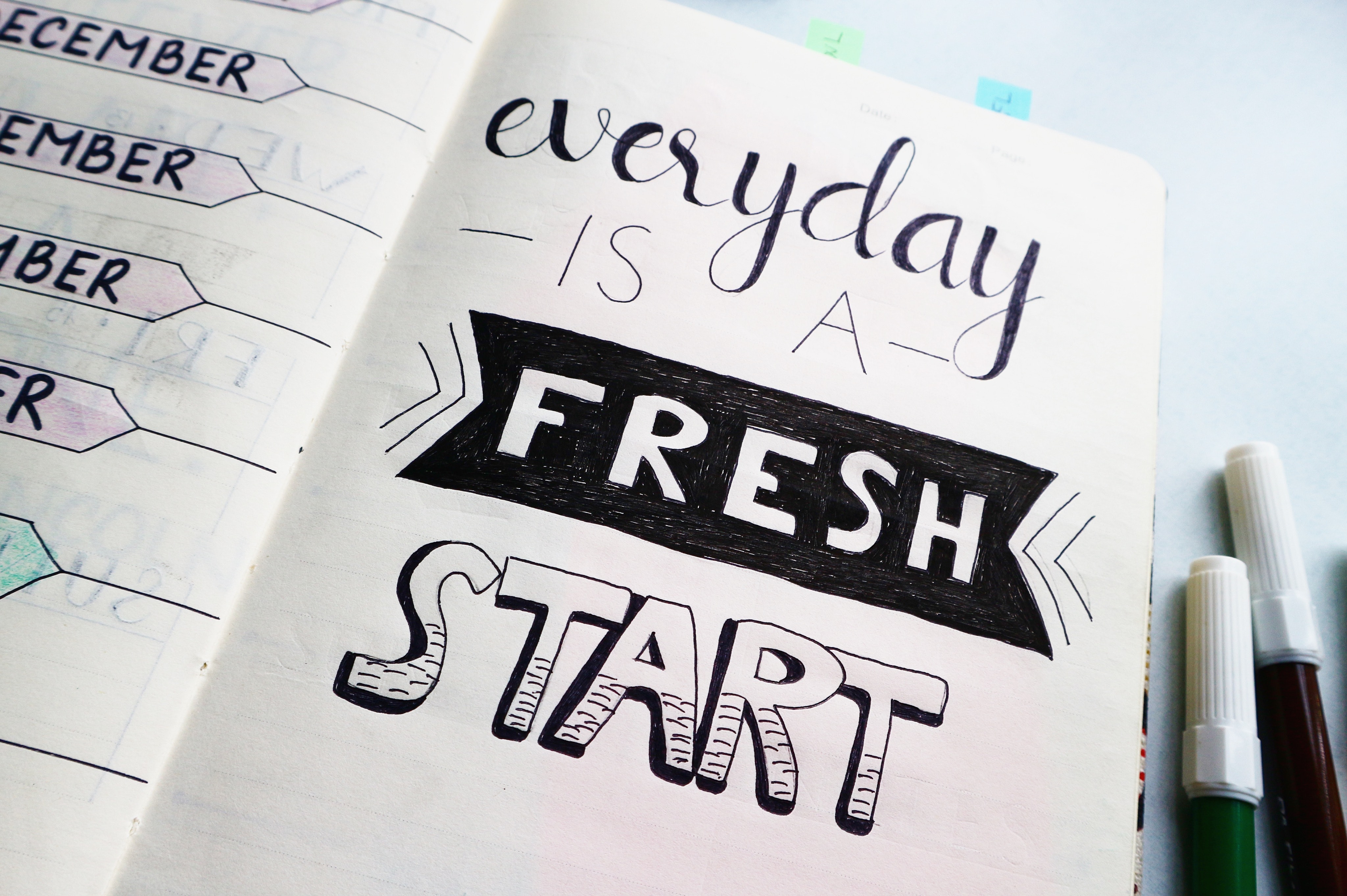
“Our world is created through everyday talk”
The better we are at communicating, the better we are at:
✅ Understanding and maintaining our own personal well-being
✅ Enjoying a strong social support network (…anyone who went away by themselves for college, moved to a new city, started a new job etc. knows how this can make or break the transition)
✅ Landing and keeping a good job (recent research shows that 73% of employers rank strong written communication skills within their Top 3 “must have” qualities for employees)
But improving as a communicator doesn’t just help us personally and professionally. Research shows that family communications have a significant impact on:
❤️ Family satisfaction (how happy family members are with the quality of relationships within the family)
🧡 Healthy lifestyle choices (or lack thereof)
💛 Parents’ and kids’ perspectives on how to make decisions and deal with conflict
💚 Whether kids feel free to express themselves honestly in the home
💜 Mental health (depression, eating disorders, and alcoholism, for example, have all been linked with communication patterns within the family)
💙 Physical health. Really – in addition to diet, exercise, lifestyle, there are some seriously interesting things going on in the field of family science, with communication variables being linked with family members’ “physiological responses and health problems.”
❤️ Family themes, which prescribe how family members should act inside and outside the family (examples of family themes → “we always respect authority”; “you’re not responsible for other people’s feelings.”)
🧡 Student engagement and academic performance through parent-initiated communication. A recent study on 6th graders showed that students who experienced consistent family-teacher communication were 49% more likely to participate in class.
Assessing the role that our core skills play in how we experience life never ceases to amaze me. It almost seems like it’s too much to be true…like how can something as “soft” as communication have such serious, tangible effects on how we feel, what we value, how we treat ourselves and others?
But here’s the thing. The quality of our lives doesn’t happen by accident. There is consensus throughout expert communities (academia, medical, etc.) and mountains of evidence that confirm that the deliberate cultivation of specific skill sets leads to happier, healthier and wealthier lives.
But most people don’t reap these benefits. It’s much easier to let life dictate us than the other way around.
So, while these skill sets are available to everyone, most people experience them as buzz words instead of super powers just waiting to be tapped into on a long-term, daily basis.
So here are our basics to get us on the same page.
When we’re talking about communication, we’re talking about:
- Speaking and writing (your thoughts, externalized)
- Listening
- Body language
What does it mean to be a “good” communicator?
- Precision → we say what we mean, and mean what we say
- Concision → we say it without using more words than needed
- Connection → we are thoughtful in the message(s) we choose to deliver and who we deliver it to you, so what we say resonates with our audience (whoever it might be – kids, spouse, boss, etc.)
Even the best of us are subject to miscommunications.
Steven Covey said that “90 percent of all relationship problems could be avoided if we communicated better.”
Miscommunications are at the root of a lot of conflicts and misunderstandings, costing businesses millions of dollars each year, starting (surprisingly a lot of) wars throughout history, crashing planes, ruining careers.
It can be harder to quantify in our personal lives, but we’ve all felt the pain caused by miscommunications with our spouse or kids, whether something as simple as messing up who was meant to do a school run or pack the lunches, or not being able to “get on the same page” about more serious issues.
We’ve all made mistakes or bad decisions, or gotten into a fight, directly as a result of miscommunication. It happens to the best of us. What can we do to make sure it happens as little as possible?
Miscommunication takes two people, both of whom generally think they’re in the right and that the other person got it wrong. We can’t control how someone else interprets what we’re saying, but we CAN explicitly align what we want to say (what we think we’re saying) with what people actually hear.
If you want this for your kids but aren’t sure the best way to help them tap into their purpose and power as communicators, book a call here. We’ll get clear on their strengths and limitations, and create a game plan to unlock their potential as speakers, writers and listeners.




